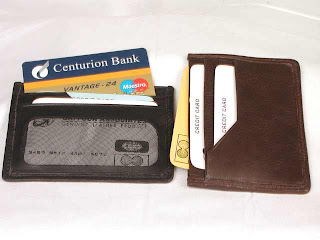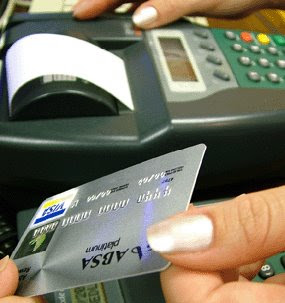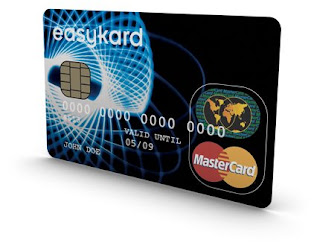
You need to manage your credit cards wisely. Otherwise, you may end up in financial trouble. Unfortunately, there are many who don’t realise that they may be making huge mistakes with the use of their credit cards. Here are top 7 credit card mistakes that card holders make:
1. Paying Just the Minimum Sum.The minimum sum is just an amount that you must pay back each month to avoid defaulting on the debt. If you pay just the minimum sum, the rest of your outstanding is subject to interest computations. Always pay back more than the minimum sum or make full payments to avoid credit card debt.
2. Making Late Payments.If you don’t set up any kind of automatic debit payment from your bank account, then it can be tempting to just put your credit card bill aside and get to it when you have time. Before you know it, a few weeks have gone by and you’re late. If you leave it to the deadline, you may find that the payment won’t get there quickly enough.
Paying late is a big mistake for an awful lot of reasons. You will almost certainly be charged a late payment fee, and your late payment will go on your credit report. You may also find that you lose any good rate you had or any preferential rates that you may in the future receive.
To avoid late payment, you should always post your payment a long time before the due date (at least a week). If you’ve left it to the last minute, phone up and try to pay that way.
3.Being deceived by Offers from Credit Card Companies.It is never, ever worth getting a higher-interest card simply because it offers some kind of loyalty points, flight miles or whatever. Even if it offers a cash reward, it is unlikely to be more than you would pay in extra interest – after all, why would they give you free money?
4. Collecting Cards.Some think it looks good on them to have a wallet choked full of credit cards. Especially if the wallet is packed with gold and platinum ones. But envy not! These card holders may well in a situation of having to keep track of all the different cards, balances and interest rates.
In fact, you should limit yourself to a maximum of three cards at a time. Any more starts to make you look over-committed in your credit report, and could get you turned down for a bigger loan.
5. Charging More to Earn More Points.The credit card companies are clever in rewarding you with more bonus and loyalty points if you charge more during a promotion period or a holiday season. You may end up with shopping that you don’t need just so as to earn more points. If you can well afford all your purchases, fine! But if not, you may be in for a massive headache when your bill comes!
6. Using Your Credit Limits to the Max.Your limit is a maximum limit; not a minimum one! Whatever you do, don’t get a card and immediately spend your whole limit. This looks very bad. It is better to spend about halfway regularly and pay it back.
7. Not Reading the Terms and Conditions.Finally, as ever, don’t sign anything you haven’t read! I know it can be tough to read all the fine print but if you do not know what you are getting into, then you shouldn’t get the card. Pay special attention to any future increases in rates, and what kind of fees you can be charged.













